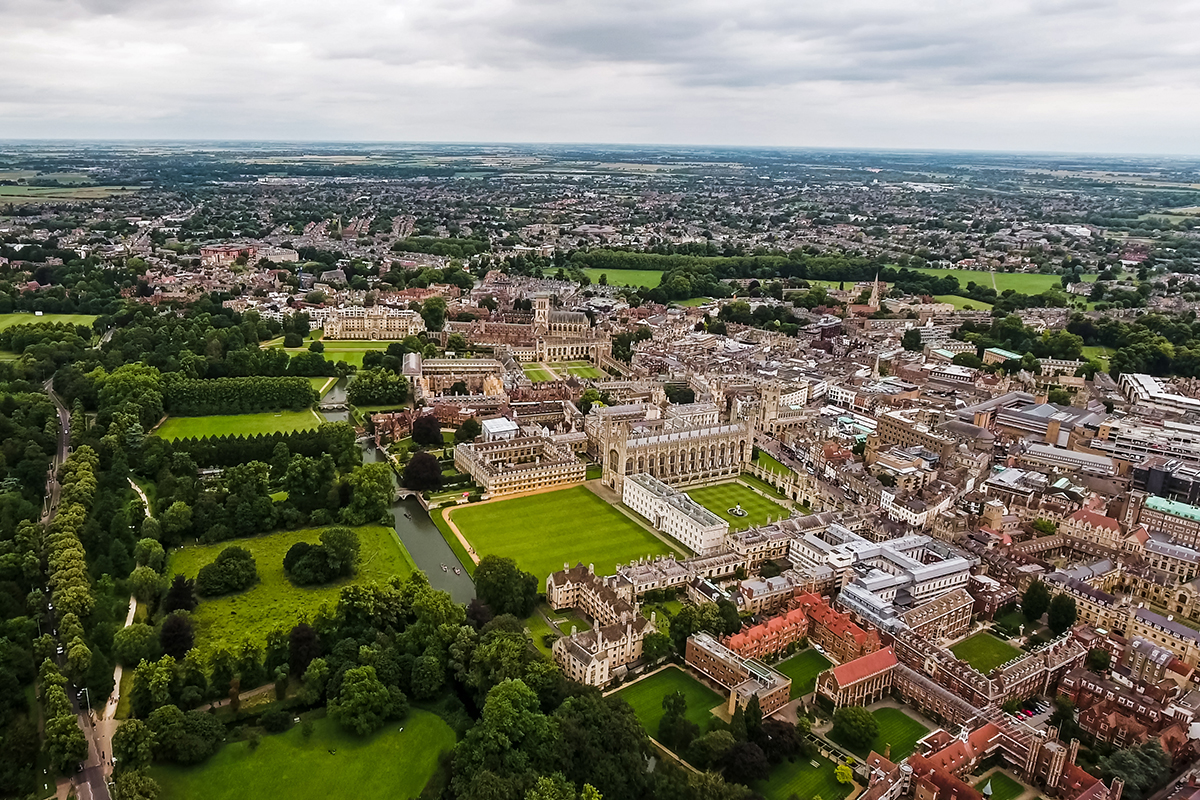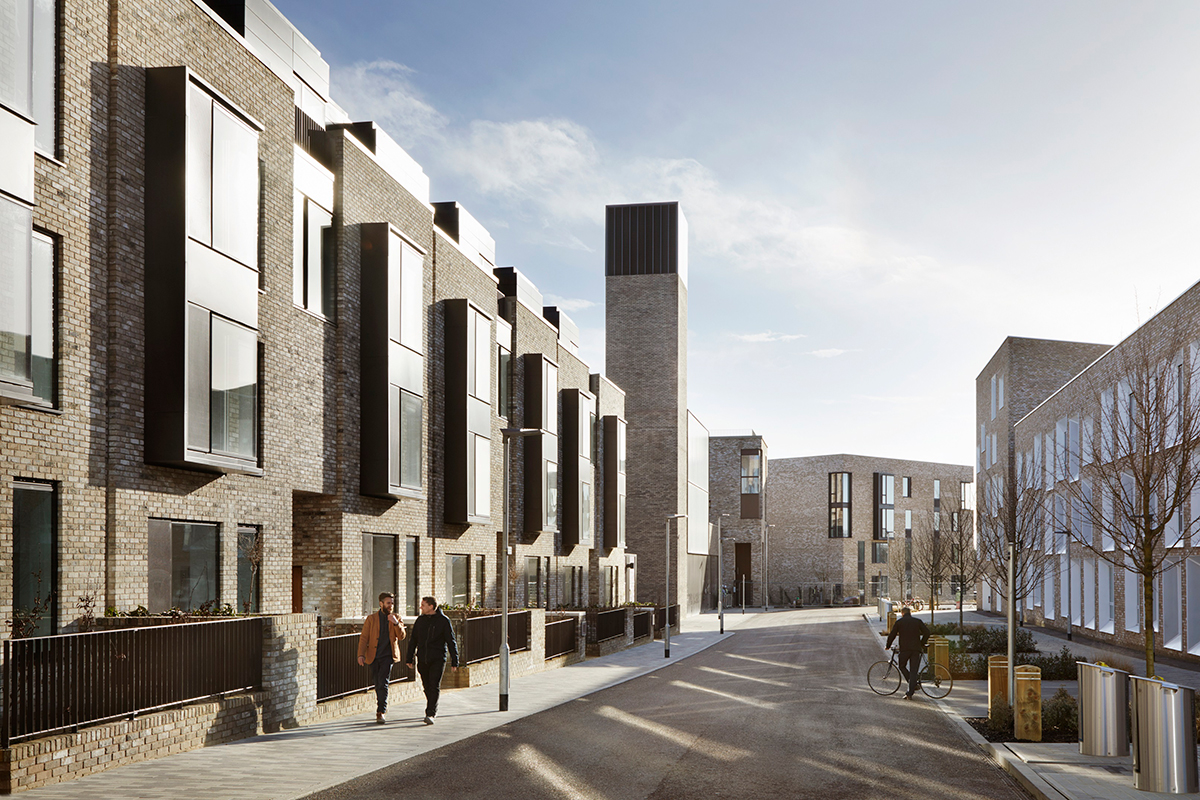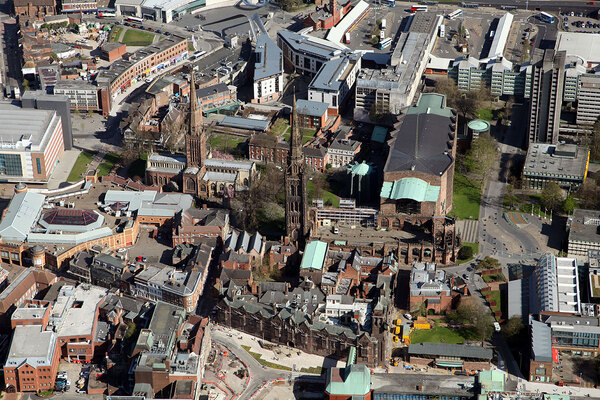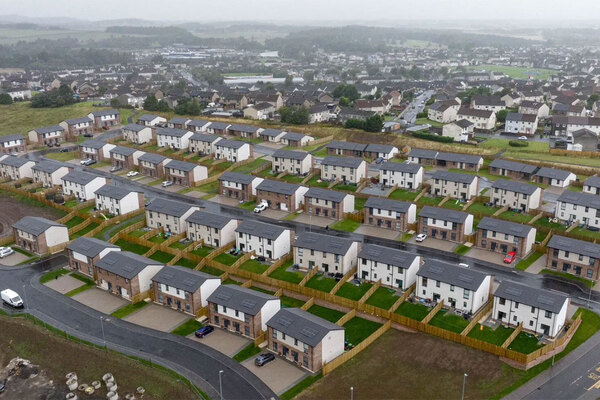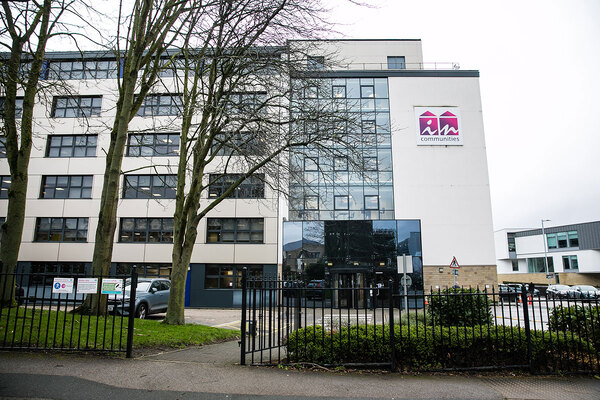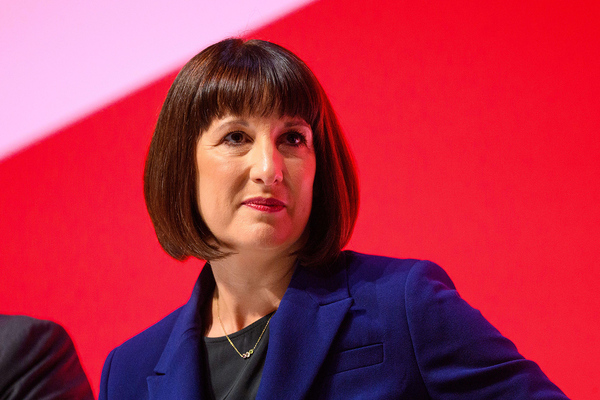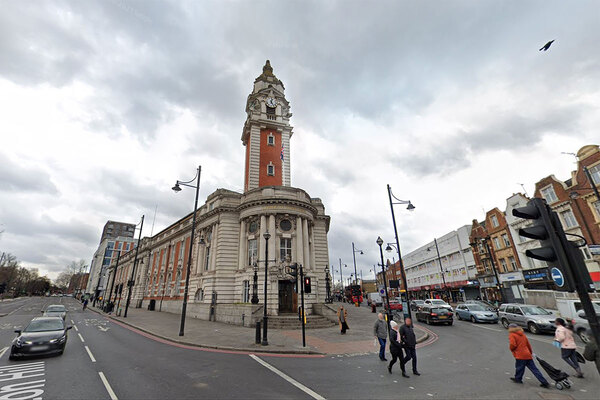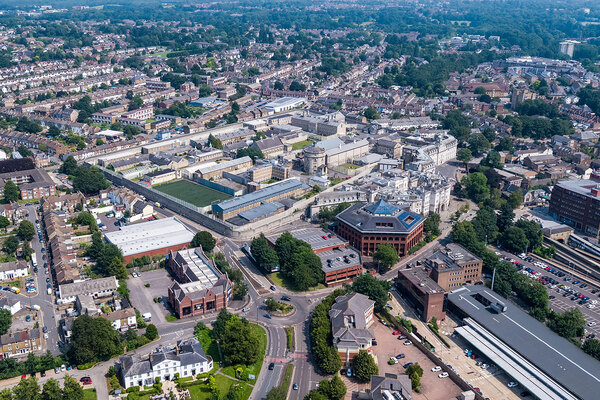You are viewing 1 of your 1 free articles

Why the University of Cambridge is stepping in to build affordable housing for staff
High house prices are a challenge to employers in Cambridge. Heather Topel explains how the university is building affordable homes in a bid to attract and retain talent
The cost of housing in Cambridge has increased significantly over the last decade, nearly doubling since 2007 as supply struggles to keep up with demand.
In recent years Cambridge’s academic prowess and research successes have increasingly attracted new industries with tech and science companies popping up, creating new employment opportunities and encouraging more people to call the city home.
The reality of the city’s economic success is that buying a property in Cambridge now commands more than ten times the average salary.
“Buying a property in Cambridge now commands more than ten times the average salary.”
Eddington, the £1 billion community being built by the University of Cambridge, grew out of a recognition that university key workers were being priced out of the Cambridge housing market.
People were having to live miles away from the city centre and then travel in each day, contributing to congestion on local roads and impacting on people’s quality of life.
The solution was to deliver new homes and community amenities near to the city centre.
The 150-hectare site will eventually provide 1,500 affordable homes for University and College key workers, 2,000 postgraduate student bed-spaces, 100,000 square metres of research facilities and 1,500 private homes for sale delivered by private house builders.
Today, Eddington has approximately 500 residents and recently opened the Storey’s Field Centre, a landmark community centre and performance hall set at the heart of the development.
We viewed the creation of Eddington not only as a necessity, in order to maintain the university’s status as a leading global academic institution, but also an opportunity to establish a sustainable new community that will deliver new homes set alongside vital public infrastructure including: a primary school, a community centre, local shops, cycle and pedestrian routes and sports pitches.
The key worker homes are made available to university and college staff and their families with monthly rent capped at a third of net household income, providing university and college staff with a vibrant and sustainable place to live close to the city centre.
To be eligible for the 1,500 affordable homes a third of net income has to be below the current market rent level.
These are individuals carrying out innovative research or ensuring the successful day to day running of the university and colleges, and are integral to the local economy.
A combination of land receipts, through working with developers, and university financing has enabled the creation of Eddington.
The open-market housing will help to create a balanced and mixed community at Eddington which will be an integrated part of Cambridge.
The ability to prioritise placemaking over profit has been guided by the University’s long-term perspective in the city and our principles have ensured the new community is an exemplar in sustainable living and quality design, with 50 hectares of open space, sports pitches and cycle paths encouraging active lifestyles in the outdoors.
The idea of businesses, institutions and charities delivering homes is by no means a new concept. The most famous example that springs to mind is Bourneville created at the turn of the 20th century.
“As councils and housing associations seek to keep up with the growing demand for affordable housing against tight budgetary constraints, the housing market may increasingly turn to employers.”
However, in the intervening years the idea disappeared and it isn’t difficult to understand why.
In the mid-20th century through a combination of private and council housing 400,000 homes were being delivered annually, enough to meet demand.
As the provision of affordable housing has fallen in recent years, new ideas have sprung up. On a smaller scale to Eddington, University College London is delivering homes on the site of its new campus in Stratford, which will be targeted at early career staff.
To meet the pressures of London housing costs ‘Big Four’ accountancy firm, Deloitte, introduced a scheme in 2015 to help their new graduate intake by providing privately rented homes in the former Olympic Athletes’ Village, while the Book Trade Charity has developed a scheme to support those entering the publishing industry.
This trend isn’t confined to the UK either with tech giants, including Facebook, creating new villages in Silicon Valley for employees and the wider community in a drive to combat housing pressures on their staff.
“By offering affordable housing solutions, we are able to ensure that we continue to remain competitive and attract the best talent possible.”
As councils and housing associations seek to keep up with the growing demand for affordable housing against tight budgetary constraints, the housing market may increasingly turn to employers to create viable solutions.
There are benefits to this approach for employers, employees and existing communities.
For the University of Cambridge, by offering affordable housing solutions, we are able to ensure that we continue to remain competitive and attract the best talent possible, while employees are given access to opportunities they otherwise may have been unable to afford - in the case of Eddington the existing, as well as the new community, is provided with new public services and local amenities.
Heather Topel, project director, North West Cambridge Development, University of Cambridge
